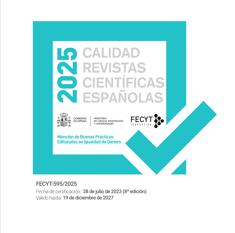Welfare State in Spain. Sustainability criteria
DOI:
https://doi.org/10.15257/ehquidad.2014.0003Keywords:
Welfare, Social Protection Systems, Social Rights, Sustainability, FamilyAbstract
The construction of models of universal coverage in Spain and Europe, that established social rights, has offered a period of prosperity, peace and freedom in the second half of the twentieth century that was based on social justice. These values have benefited all of us. Despite the significant achievements that were made, the economic crisis has raised different voices warning about the impossibility of social protection systems. The difficulties of the time and the resource constraints have encouraged an ideological offensive against the welfare state, predicting its end in a short term. Therefore we have to consider that the present moment leads to the review and "deconstruction" of what existed before. One of the main problems of social protection in Spain is the financing and the insufficient resources to cover the expenses incurred by the demographic changes that have significantly increased the levels of dispensing welfare. The work that we present aims to review the sustainability of the various economic, social and political systems established and offers a series of recommendations aimed at ensuring the social progress achieved.Downloads
Download data is not yet available.
Downloads
Published
2016-05-29
How to Cite
Astelarra, J., & Zaragoza, G. (2016). Welfare State in Spain. Sustainability criteria. EHQUIDAD. INTERNATIONAL JOURNAL OF WELFARE AND SOCIAL WORK POLICIES, (1), 61–90. https://doi.org/10.15257/ehquidad.2014.0003
Issue
Section
Artículos












